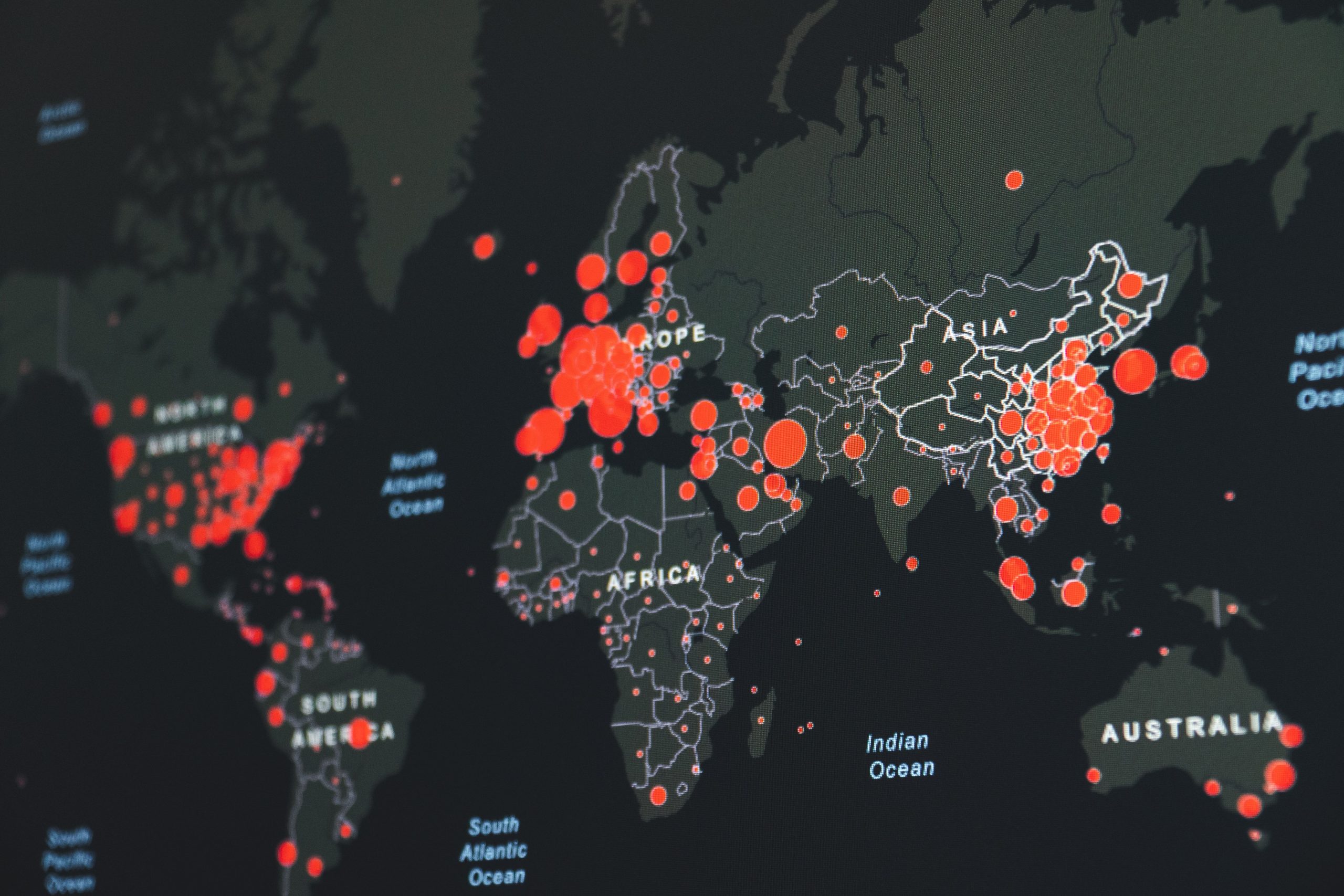Nearly 11 million
new COVID-19 cases were reported over the last week registering an 8% increase
in global coronavirus cases. The rise comes after cases went down consistently
for a month. 43,000 people have died of COVID between March 7 and 13. Meanwhile,
countries across the world have slowed down testing which has constrained
efforts to obtain an adequate idea of actual disease spread.
“These increases
are occurring despite reductions in testing in some countries, which means the cases
we’re seeing are just the tip of the iceberg,” WHO head Tedros Adhanom Ghebreyesus
said, speaking to the media.
Also Read | Global anxiety, depression increased by 25% in first year of COVID-19: WHO
The new rise is
largely being driven by the Omicron variant and its sub lineage BA.2, the lifting
of pandemic curbs and a low rate of vaccination in some parts of the world,
according to the WHO. The health agency said that the low rate of vaccination
is caused partly by a “huge amount of misinformation.”
The biggest jump
in COVID cases and deaths is being reported from China and South Korea which
have seen a 25% rise in caseload and a 27% spike in fatalities. Africa is
seeing a 12% rise in new cases and a 14% rise in deaths.
Many countries in Europe
are witnessing a spike. COVID cases are rising in Switzerland, Austria,
Germany, the Netherlands and the United Kingdom. Europe hasn’t seen a rise in
death rate so far. The United States,
which was only beginning to recuperate with hospitalisations going down for
some time, is now on the alert.
Also Read | How will COVID end? Experts look to past epidemics for clues
Meanwhile, a new
COVID-19 variant was detected in Israel on Wednesday. The variant, of which two
cases have been reported so far, combines the Omicron BA.1 and BA.2 sub-variants.
“This variant is still unknown around the world,” Israel’s ministry of health
said, adding that they were not unduly worried about the variant.
“The two cases of
the combined strain, which has been discovered so far, suffered from mild
symptoms of fever, headaches and muscle dystrophy, and do not require a special
medical response,” the ministry said.







